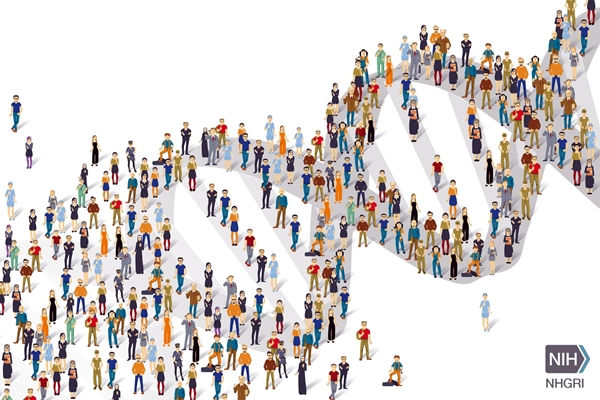I learned a lot from watching the Immaculata De Vivo and Peter Kraft Interview about the impacts of population genetics on global health. I am really interested in learning more about the predictability of predisposition in genetics. De Vivo briefly talks about the difficulty with predictability and susceptibility surrounding non-Mendelian genetics. She highlights that there can be correlations between these non-Mendelian genetics and environmental factors, which can make predispositions more profound and can then impact the person's condition medically. Kraft talks about the high levels of uncertainty around predicting genetics. Both of their comments made me think about how these models can become more refined to narrow down the ways to better treat these predisposed patients. I wonder what predictive systems are in place outside of medical studies to use to make revisions to the current models, given the high levels of uncertainty in these diagnoses and their origins?
I was also very fascinated by the discussion of the ethics of genetic-based treatments and how patients with these predisposing conditions are provided with their results from certain studies, and how privacy is becoming less and less secure because of database and information gathering systems in our daily lives. One question that I had was, are these public databases being utilized to their fullest potential to better understand how to see trends in global health and determine if there are correlations with geographic locations, environment, etc., that could shed more light on how these predispositions have connections outside of genetics?
At the end of the interview, De Vivo and Kraft mentioned how human genetic understanding is constantly evolving and changing, which means that genomics and epigenomics have different overall changes depending on the span of time, meaning that one's singular genetic observation/early diagnosis can't necessarily predict one's lifespan or overall quality of life. Statistics can play a big role in understanding one's genetics, but it can't reveal everything. If I could ask a question to De Vivo and Kraft after this interview, I would want to know what combination of practices, studies, and observations discussed would give someone the highest likelihood of understanding all of their genetic predispositions and the factors that impact them? In other words, what genetic observational practices give someone the highest likelihood of these predictions being most accurate?

Thanks @Aurora Avallone — I’ll invite Profs. De Vivo & Kraft to this forum & see what they have to say!